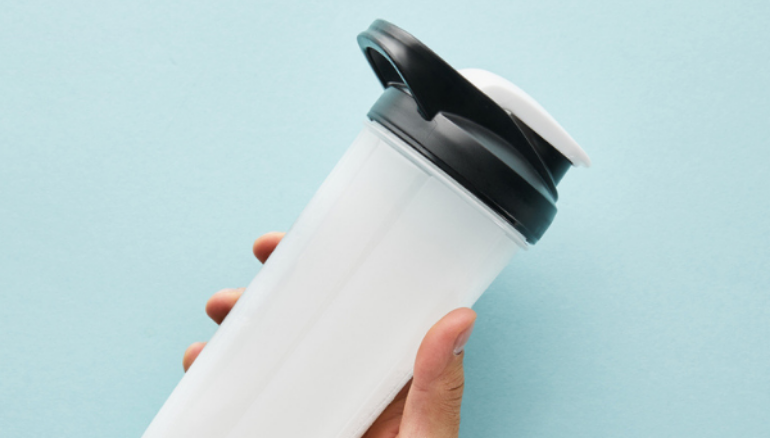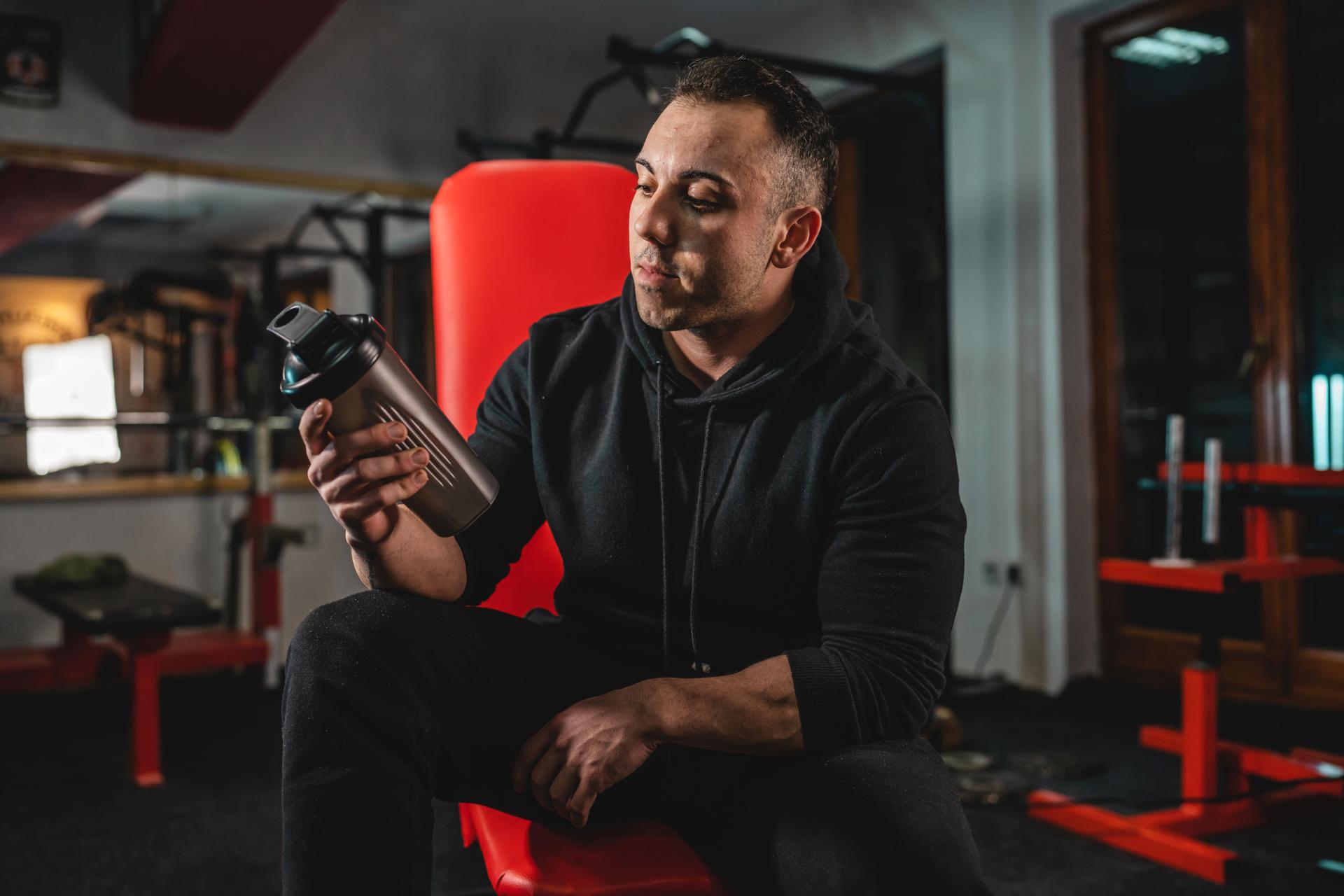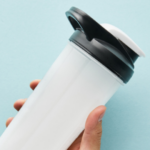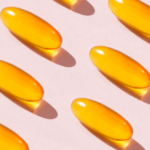Many men know there are things they can do to improve their chances of having a baby, from quitting smoking to shedding some kilos to cutting down on their alcohol consumption.
Keeping fit also has many physical, mental and sexual health benefits, and some people use supplements like protein, creatine and other muscle-building supplements to help boost their physical performance.
Neither protein nor creatine supplements appear to impact your chances of conception, either negatively or positively, but there are some things to be aware of if you do use these supplements.
Read on to discover more about creatine, why people take it as a supplement and things to be aware of if you’re trying to have a baby while using it.
What is creatine?
Creatine is something your body produces naturally — it is a compound found in muscle cells. When exercising, your muscles use energy in the form of a molecule called adenosine triphosphate (ATP).
So where does creatine come into the picture? It helps to replenish ATP, which can help to increase energy and performance during heavy lifting or high-intensity exercise.
The body produces some of the creatine it uses, while it is also found in protein-rich foods such as meat and fish.
However, some people also consume creatine as a supplement on top of this.
While it’s hard to know exactly how many people use creatine supplements, the International Society of Sports Nutrition states “creatine is one of the most popular nutritional ergogenic aids for athletes.”
Why do people consume creatine as a supplement?
In short, because it is generally safe to use, and studies show it can increase muscle mass and strength.
Creatine supplementation may also help reduce symptoms of fatigue for those struggling with sleep deprivation.
Stefanie Valakas, APD expert certified fertility dietitian and nutritionist and founder of The Dietologist, says creatine supplementation delivers many benefits.
“Creatine is one of the most common supplements used in sport and for those who enjoy a gym workout, whether they’re a casual gym attendee or athlete,” she says.
“It is extremely well-researched and considered a safe and efficacious supplement to help enhance performance. It helps improve post-exercise recovery, which in turn helps with strength gains and lean muscle mass when weight training with minimal negative side effects.”
As well as its effectiveness, creatine is also very safe. The International Society of Sports Nutrition states: “Creatine monohydrate supplementation is not only safe, but possibly beneficial in regard to preventing injury and/or management of select medical conditions when taken within recommended guidelines.
“Studies show that short and long-term supplementation (up to 30g/day for five years) is safe and well-tolerated in healthy individuals and in a number of patient populations ranging from infants to the elderly.
“The quickest method of increasing muscle creatine stores appears to be to consume about 0.3 grams/kg/day of creatine monohydrate for at least three days, followed by 3–5 g/d thereafter to maintain elevated stores.”
Does creatine affect fertility in men?
So it seems creatine does deliver some physical performance, and even health, perks.
But what about if you’re thinking about starting a family — can your creatine supplementation affect your ability to conceive?
Currently, there is a lack of evidence to suggest creatine supplementation either enhances or harms, your chances of fathering children.
“There is little research available to discuss the impact of creatine supplementation on male and female fertility or pregnancy,” Valakas says.

Other risks of using creatine if you’re trying to have kids
Some athletes, bodybuilders and recreational gym-goers use anabolic steroids to improve their physical appearance and enhance their performance, because they increase lean muscle mass, reduce fat and speed-up recovery. But steroids are linked with significant health risks and even serious conditions like cardiovascular disease, and liver and brain damage.
When it comes to trying to have kids, one of the side effects of using steroids can be infertility.
You may be thinking ‘well, I only use creatine — I don’t use steroids.’ That may be the case, but you should still be wary because some creatine supplements may be contaminated by anabolic steroids.
In fact, a 2017 study found that of 112 supplements assessed — available from the Australian market, either over-the-counter or bought online — more than one in 20 contained anabolic steroids that were not declared on the labels. International research found 14.8% of 634 non-hormonal nutritional supplements — sourced from 13 European countries and the United States — contained undeclared anabolic androgenic steroids.
The best solution is to look out for certifications that ensure rigorous testing of supplements. HASTA is Australia’s largest independent sports supplement drug testing laboratory that provides certification of sports supplements for professional athletes. It screens over 200 World Anti-Doping Agency (WADA) prohibited substances, which include anabolic agents.
Other international certification schemes include Informed Sport and Certified for Sport.
Look out for their labels on the products you’re considering.
“Finding a reputable brand and checking for independent testing via HASTA can provide an additional layer of security if you are concerned about contamination,” Valakas says.
As always, check in with your GP or health professional if you have any questions about using creatine while trying to conceive.













